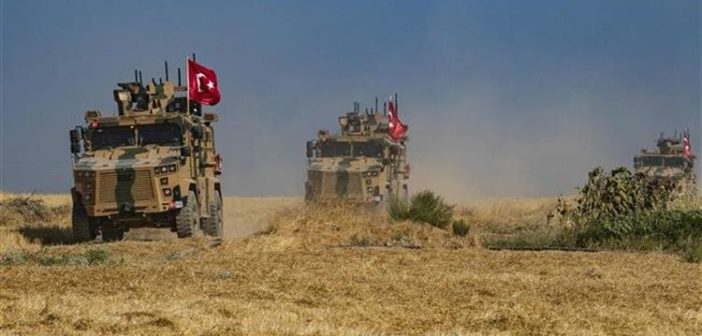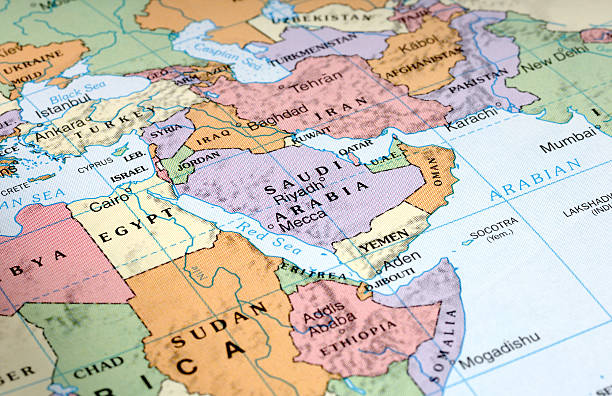
Turkey’s participation in the regime change project in Syria was a huge foreign and security policy mistake. Yes, there were many other countries which took part but none of them shared a 910-kilometer border with Syria. The choice Turkey had to make did not call for profound strategic/political/economic/diplomatic analysis. Refraining from intervention was the dictate of simple logic: a good neighbor would lend a hose to extinguish a burning house next door. Unfortunately for Turkey, the ruling Justice and Development Party prioritized ideology over national interest.
Eighth years ago, we had good relations with Damascus. We did not have a PYD/YPG problem. We enjoyed good relations with Russia and regional countries. Our democratic decline had started to change the chemistry of our relations with traditional allies but diverging security interests had not become a problem. We did not have tens of thousands of jihadist fighters right across the border in İdlib. And, we did not have four million Syrian refugees in Turkey.
As if all that is not enough trouble, are we now going to assume responsibility for tens of thousands of Islamic State fighters and their families through an intervention in Syria? Hard to believe.
Today, the Syrian conflict appears to be Turkey’s number one headache. However, our much bigger problem is the erosion of the Turkey’s international image, its loss of appeal. This is the result of a disastrous combination of the decline of Turkish democracy, aggressive public discourse and assuming a leading role in the misguided regime change project in Syria.
In December 2018, President Trump’s surprise announcement regarding the troop withdrawal from Syria ended up in a U-turn in the face of internal opposition.
What his latest announcements exactly mean is an open question. What has not changed is the across-the-board internal political reaction to his decision combined with warnings to Ankara. Sadly, these warnings have a hostile streak. Even President Trump later tweeted that if Turkey were to do anything off limits, he would totally destroy and obliterate the Turkish economy; the US may be in the process of leaving Syria, but in no way has it abandoned the Kurds, who are special people and wonderful fighters.
European reaction to President Trump’s pullout announcement also shows once again that Ankara is no longer popular with its NATO allies.
Russia wants Turkey to secure the approval of Damascus for military presence in Syria. As highlighted by Moscow on more than one occasion, any legitimate foreign military presence in Syria requires either an invitation by Damascus or a UN Security Council resolution. Moscow, willing to drive wedges between Ankara and its traditional allies, will tolerate Turkish operations only up to a point.
And, Turkey does not have any regional support for a military intervention in Syria.
In brief, not a single country, not a single foreign leader supports such an intervention.
For damage control at least, Ankara needs to:
- Think twice before launching a cross-border military operation;
- Exercise caution in view the conflicting messages coming from Washington;
- Clarify what Mr. Trump’s reference to “anything off limits” exactly means;
- Stop treating the Syrian conflict as a domestic policy issue;
- Prioritize diplomacy;
- Replace its warlike rhetoric with diplomatic language in addressing Turkey’s foreign and security policy challenges;
- Adopt a language of peace towards Syria;
- Resume diplomatic relations with Damascus;
- Encourage all opposition groups to form a united front against ISIS; and,
- Let Damascus negotiate with its Kurds for Syria’s political transition.
Ali Tuygan, Ambassador (Ret’d) and former Undersecretary of the Turkish Foreign Ministry. The article is also published on his blog.









